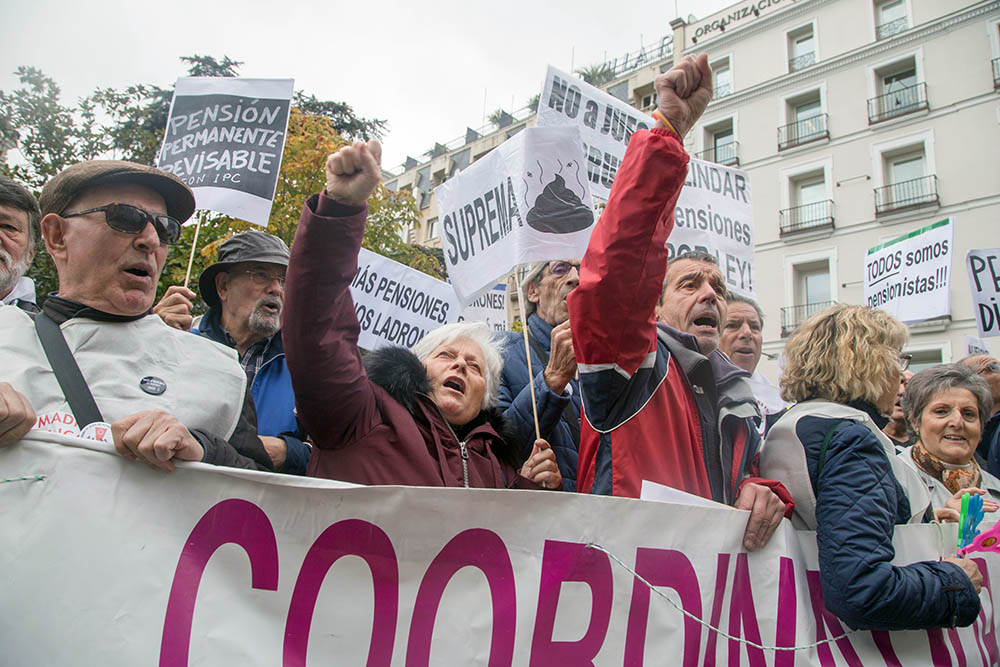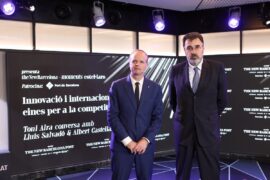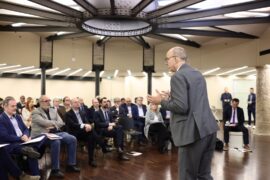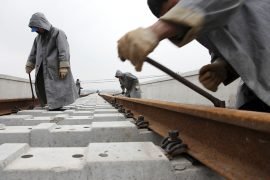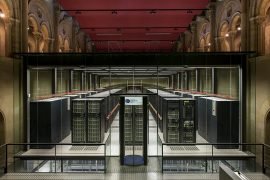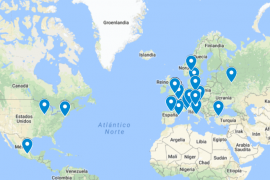[dropcap letter=”A”]
ll the political leaders cultivate the art of marking and imposing their agenda. On many occasions, the politicians’ agenda tends to be a subtle way to avoid explaining and confronting what is actually happening. There are very clarifying cases, such as José María Aznar’s initiative to participate in the Gulf War together with the United States and the United Kingdom when Spanish society had been advancing in the political and aesthetic culture of peace for years.
If we analyse it with more detail, we realize that the most advanced countries are those that have managed to establish a broad consensus in fields such as education, science or technology, aside from political tensions. For decades, the success of the American film industry was characterised by the ability to prioritize the film industry as the centre of development of the nation, facilitating tax aid and letting Los Angeles become its capital, despite the fact that in New York hundreds of movies were made. This vision helped to develop the business and technological project of Silicon Valley, where the myth has been forged -a very real myth, anyway- that says that innovation is everything in the new economy.
The political agendas of the US and France are very similar to ours but with one and notable difference: politics does not interfere or pervert what society needs and wants to develop
In France, where elites coexist as an integrated and positive part of society, they continue to consider education, training and culture as the main axes for their development. The best mathematicians and physicists in the world have studied in their classrooms, preparing themselves at Louis Le Grand and graduating at École Normale Supérieure (ENS) or at École Politechnique. In France they support and pamper talent, not only for economic reasons, but mainly because of the commitment to the model of society they pursue.
The political agendas of these two countries are very similar to ours but with a unique and notable difference: politics does not interfere or pervert what society needs and wants to develop. The Spanish case is somewhat different. After several years considering alternative energies -to the point of becoming one of the leaders in this sector- they have ceased to be a priority in recent years. The political interference, the lack of dialogue and the inability to provide stability to the agreements that were reached have caused in recent years that the Spanish agenda is empty or confusing. More than a year and a half ago, the feminist associations organized and warned anyone who would listen to them that they would not stand for more time the public silence on the unjust and unjustifiable wage gap between men and women. For more than a year they organized, spoke with political, union and business forces, and yet the PP government did not notice that society was going to mobilize. The people in charge of the PP, before the massive social protests, declared to the press that they had been taken by surprise.
The same example is found in the defence of pensions that have mobilized society, to the surprise and amazement of many politicians. The economic situation in Spain demands that citizens clearly know what the priorities will be in the next twenty years, in order to focus their efforts and benefit from their achievements. The new agenda must warn unambiguously, without half-truths and without hidden interests, that the Mediterranean Corridor should be a priority and that society can verify its progress or, for example, that the increase of investment in science and culture are essential to prevent our most talented individuals from leaving to other countries, that the demographic question must be addressed, not only in technical terms, but also ethical ones, that the tourist model of Spain must be re-considered, being as it is a world potency in the sector. We could continue to place appointments on the Spanish agenda but the main one is to know clearly which are the economic priorities, regardless of the inertia of investing on the brick business or tourism.

